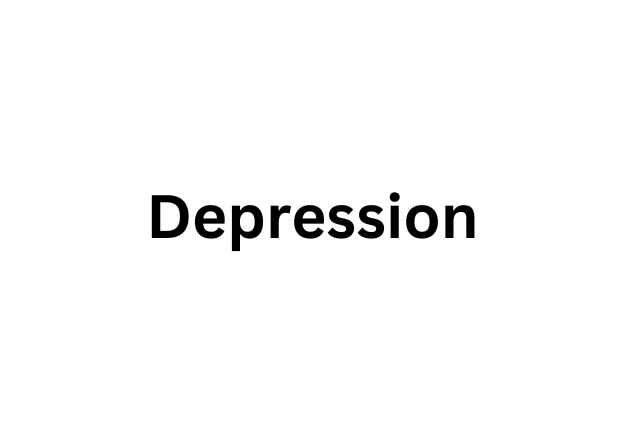Previously dismissed as temporary unhappiness, our awareness and understanding of clinical depression has grown significantly.
Characterized by major feelings of despair that persist over long periods of time and exist in the majority of the patient’s day, depression can be seriously detrimental to one’s work, relationships and lifestyle.
This condition can affect individuals of all ages and can have a wide range of causes. Common symptoms include low self-esteem, feeling useless, withdrawal from relationships, loss of interest in hobbies and changes in appetite or weight.
In severe cases, depression can lead psychosis, or a loss of touch with reality, hallucinations and thoughts of suicide. All these effects can serve to further exacerbate its effects on the individual.
 Causes and Risk Factors
Causes and Risk Factors
Depression can originate from a number of factors, and is commonly the result of a combination of predisposition and a traumatic event. A family history can indicate being genetically predisposed to the condition, as well as imbalances in hormones or brain chemistry as a result of physical illness. Certain events are known to increase its likelihood, such as childbirth, which can result in postpartum depression. Identifying and treating the condition early improves patient outcome, though there is no sure-fire cure and the optimal treatment varies by the individual.
Diagnosis and Treatment
As with other mood disorders, it can be hard to diagnose and is often still stigmatized in society, making patients reluctant to seek out treatment. Regardless, if one experiences prolonged symptoms they should seek out their doctor for aid. Clinicians can conduct physical exams, laboratory tests and psychological evaluations to determine the extent and cause of symptoms. The American Psychiatric Association has also published the Diagnostic and Statistical Manual of Mental Disorders (DSM-5), which includes criteria used by mental health providers and insurance companies.
Once diagnosed, it is commonly treated by a combination of medication and psychological counselling. Many different medications exist that affect brain chemistry in different ways, and trying different antidepressants may be necessary before finding the ideal type or combination. A medication that has worked for a family member may have a higher chance of being effective. In addition to medications prescribed by a family doctor or psychiatrist, counselling from a psychologist or other mental health professional can be effective in changing negative thought patterns and addressing underlying mental issues that could be the root cause.
Written By: Wesley Tin, BMSc



